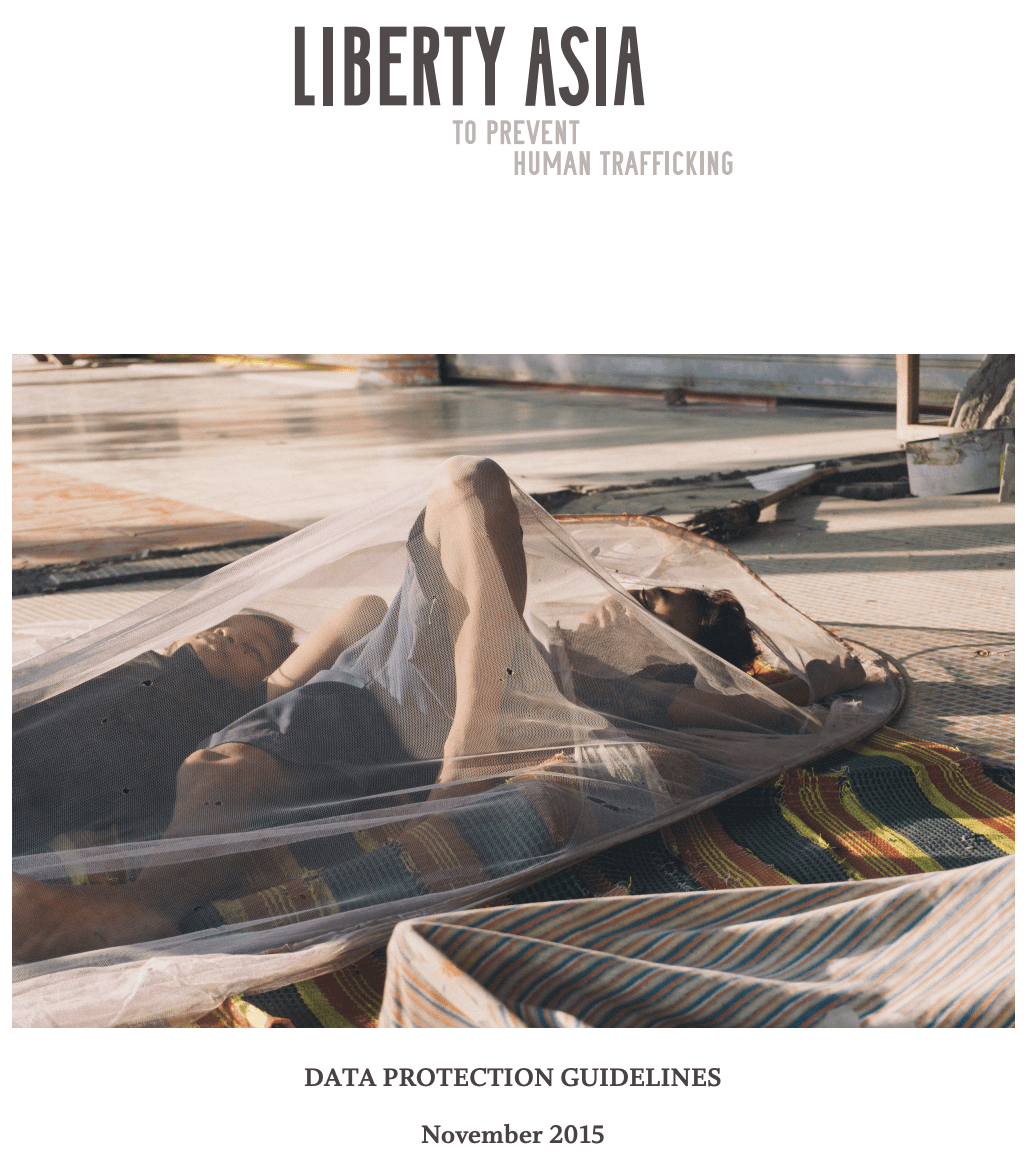
Data Protection Guidelines
The key features of human trafficking, slavery and forced labour situations often involve a forced surrender of personal freedom, isolation, coercion, withdrawal of identity documents, abuse of vulnerabilities, restriction on freedom of movement and non-payment or withdrawal of wages. These means of exploitation and the devastating impact of different forms of exploitation are incredibly disempowering for the individual affected. Post-rescue, a victim’s long path to rehabilitation unwinds and is often complicated by interaction with law enforcement and the criminal justice system. The vulnerable individual is required by various actors to surrender and share personal details and accounts of exploitation. Victim support services require this data to better support survivors whilst law enforcement and other such actors are interested in data that can support the identification and prosecution of perpetrators.
In recognition of the value of survivor data to inform a better targeted response to the issue of modern day slavery, many efforts are currently ongoing to better harvest, record and analyse data. Given the great quest for better data and the interest of numerous stakeholders in obtaining data, it is more likely than not that essential data protection measures will unintentionally be overlooked. Somewhere along the lines the data becomes a statistic, a name and a number that is shared and disseminated, divorced from the vulnerable individual who owns the data. Misused sensitive information can lead to the identification of a very vulnerable individual who may be at risk of reprisals from a perpetrator. It is increasingly important that survivor data is treated and protected in accordance with the protections afforded by the law to ensure the proper checks and balances as prescribed by the law are used to protect vulnerable individuals.
Data protection is often an overlooked issue in organisations that are constantly firefighting and supporting very vulnerable people with very limited resources. We hope that these Guidelines will clarify the protections available in the law and assist NGOs with protecting sensitive data to better serve their clients and, ultimately, strengthen the fight against slavery.
Read more here.
